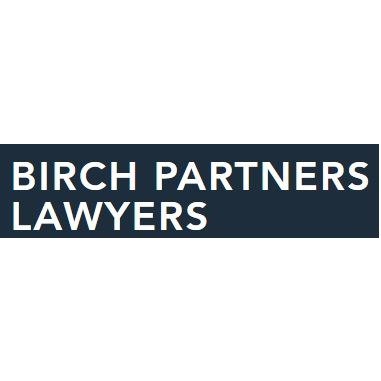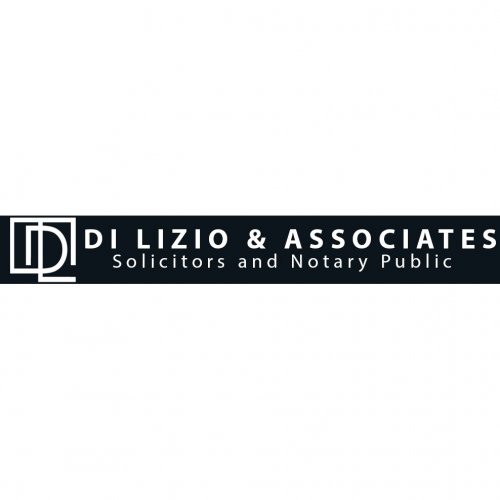Best Trusts Lawyers in Hurstville
Share your needs with us, get contacted by law firms.
Free. Takes 2 min.
List of the best lawyers in Hurstville, Australia
About Trusts Law in Hurstville, Australia
Trusts law in Hurstville is governed by a combination of federal and state laws in Australia. At its core, a trust is a legal arrangement in which one party, known as the trustee, holds and manages assets for the benefit of another party, called the beneficiary. This can include property, investments, or other assets. Trust structures are diverse, ranging from family and charitable trusts to unit trusts used in business settings. The legal framework is designed to ensure proper management and distribution of assets according to the trust deed, the legal document that establishes the trust.
Why You May Need a Lawyer
There are several situations where individuals or organizations might require legal assistance related to trusts:
- **Estate Planning:** Many people establish trusts to manage the distribution of their assets upon their death. A lawyer can help draft a trust that aligns with your estate planning goals.
- **Tax Implications:** Trusts can have significant tax implications. Legal advice can help in structuring trusts to minimize taxes and adhere to legal requirements.
- **Trust Administration:** Managing a trust involves complex obligations. Legal advice can help trustees understand and meet their fiduciary duties.
- **Dispute Resolution:** Disputes can arise between trustees and beneficiaries or among beneficiaries. A lawyer can assist in resolving these disputes, often through mediation or litigation if necessary.
- **Setting Up a Trust:** Creating a trust requires understanding the legal, tax, and financial implications. A lawyer can ensure the trust is properly established and compliant with Australian laws.
Local Laws Overview
In New South Wales, where Hurstville is located, trusts are governed by several key pieces of legislation, including the Trustee Act 1925 (NSW), which outlines the powers and duties of trustees. The Income Tax Assessment Act also affects how trusts are taxed. Additionally, the Corporations Act may apply for trusts used within business structures. Local ordinances may impact certain types of property held in trusts as well. It's important for trustees and beneficiaries to be aware of and comply with these regulations to avoid legal complications.
Frequently Asked Questions
What is the difference between a trustee and a beneficiary?
A trustee is responsible for managing the trust's assets in accordance with the trust deed, while a beneficiary is an individual or entity that receives benefits from the trust.
Can I change the trustee of my trust?
Yes, you can usually change the trustee, but the process depends on the terms outlined in the trust deed. Legal advice is recommended to ensure compliance with the deed and relevant laws.
How are trusts taxed in Australia?
Trusts are typically not taxed at the entity level. Instead, beneficiaries are taxed on their share of the trust’s income. However, tax laws can be complex, and professional advice is recommended.
What types of trusts are most common?
Common types include family trusts (discretionary trusts), unit trusts, hybrid trusts, and testamentary trusts. Each serves different purposes and has distinct features.
How do I establish a trust in Hurstville?
To establish a trust, you generally need a detailed trust deed outlining the terms and conditions, appoint trustees and identify beneficiaries. Legal and tax advice is crucial throughout this process.
What are the duties of a trustee?
Trustees must act in the best interest of beneficiaries, manage assets prudently, comply with the trust deed, maintain accurate records, and avoid conflicts of interest.
Can a trust be challenged in court?
Yes, trusts can be challenged on grounds such as lack of capacity, undue influence, or failure to comply with legal requirements. Such cases are generally resolved through legal proceedings.
Do trusts have to be registered?
While most trusts do not require registration, specific types of trusts, like charitable trusts, may have formal registration requirements under certain laws.
Are there any local benefits to setting up a trust?
Setting up a trust can help in asset protection, income distribution flexibility, and estate planning, which can be especially advantageous in local family arrangements or business operations.
Can a trust own property in Australia?
Yes, a trust can own property. The trustee holds legal title to the property on behalf of the trust, while the beneficiaries hold equitable interest.
Additional Resources
For further information and guidance, consider contacting the following resources:
- **Australian Taxation Office (ATO):** Provides comprehensive guidelines on the tax treatment of trusts.
- **New South Wales Law Society:** Offers resources and can help locate qualified solicitors who specialize in trusts.
- **Consumer Affairs New South Wales:** Provides insights and guidance on consumer rights related to trusts and estate matters.
Next Steps
If you require legal assistance with trusts, it is recommended to:
- **Consult a qualified trusts lawyer:** Look for lawyers with expertise in trusts and estate planning within the Hurstville area.
- **Prepare your questions and documents:** Gather any relevant documents or information regarding your assets and objectives to discuss with your lawyer.
- **Schedule an appointment:** Many legal professionals offer initial consultations. Use this time to understand your options and the next steps in setting up or managing your trust.
Legal complexities can be challenging, but with professional advice, you can ensure your assets are managed according to your wishes and comply with current laws.
Lawzana helps you find the best lawyers and law firms in Hurstville through a curated and pre-screened list of qualified legal professionals. Our platform offers rankings and detailed profiles of attorneys and law firms, allowing you to compare based on practice areas, including Trusts, experience, and client feedback.
Each profile includes a description of the firm's areas of practice, client reviews, team members and partners, year of establishment, spoken languages, office locations, contact information, social media presence, and any published articles or resources. Most firms on our platform speak English and are experienced in both local and international legal matters.
Get a quote from top-rated law firms in Hurstville, Australia — quickly, securely, and without unnecessary hassle.
Disclaimer:
The information provided on this page is for general informational purposes only and does not constitute legal advice. While we strive to ensure the accuracy and relevance of the content, legal information may change over time, and interpretations of the law can vary. You should always consult with a qualified legal professional for advice specific to your situation.
We disclaim all liability for actions taken or not taken based on the content of this page. If you believe any information is incorrect or outdated, please contact us, and we will review and update it where appropriate.










